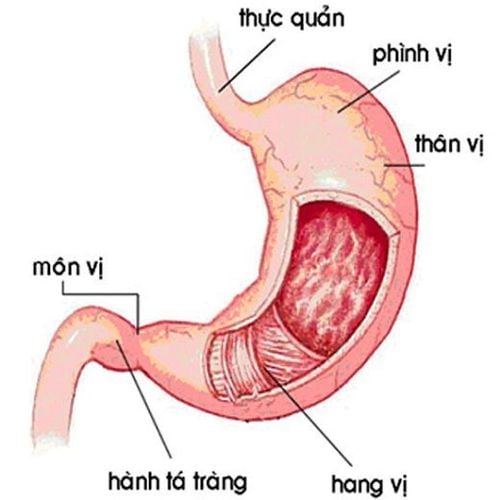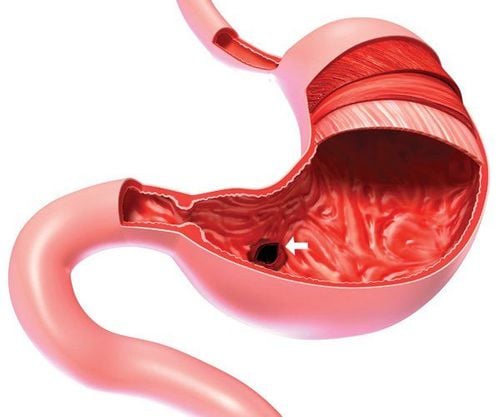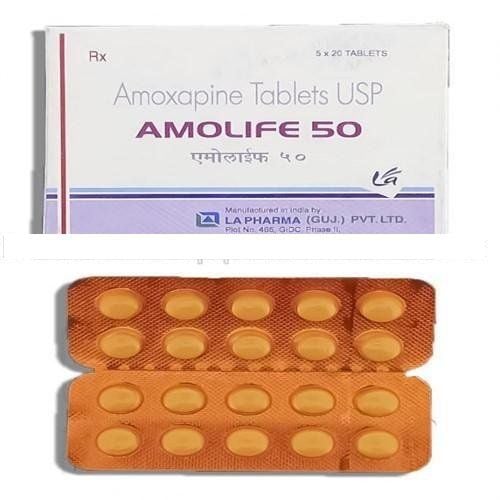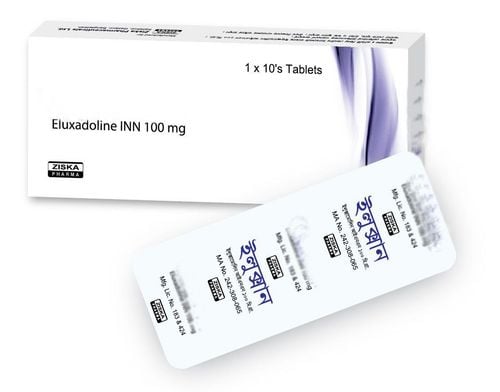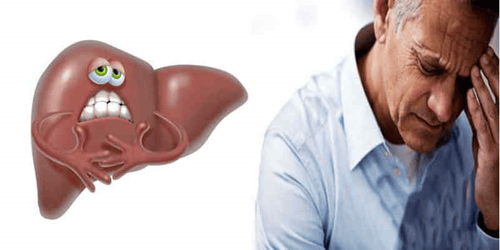This is an automatically translated article.
Posted by Master, Doctor Mai Vien Phuong - Department of Examination & Internal Medicine - Vinmec Central Park International General Hospital
According to a 2012 study, about 30% of people with irritable bowel syndrome will experience some degree of depression. In other words, depression is the most common mental disorder in people with irritable bowel syndrome.
1. Irritable Bowel Syndrome Trigger Factors
Certain foods are common triggers for many people with Irritable Bowel Syndrome. However, some of these foods may affect you more than others. It can be helpful to keep a food diary over a period of time to see which foods are triggering you.Recognizing the factors that increase the risk of irritable bowel syndrome in advance will greatly help in prevention.

2. The Link Between Irritable Bowel Syndrome and Depression
The automatic movement or peristalsis of the digestive system is controlled to a large extent by your nervous system. Therefore, stress can affect the nervous system, causing your digestive system to be overactive, causing mild digestive disorders.
According to a 2012 study, about 30% of people with irritable bowel syndrome will experience some degree of depression. In other words, depression is the most common mental disorder in people with irritable bowel syndrome.
Research has also shown that generalized anxiety disorder (GAD), characterized by excessive and persistent worry, is present in about 15% of people with irritable bowel syndrome.
2.1 Irritable bowel syndrome and depression, pain is the cause, what are the consequences?
According to research by the National Institute of Mental Health, depression can co-occur with other medical conditions and make them worse, and vice versa.
Irritable bowel syndrome and the onset of depression A 2009 study found that in addition to physical symptoms, patients described the impact of IBS on function, thinking, and feeling. emotions and everyday behavior. They cite "uncertainty and unpredictability with loss of freedom, spontaneity, and social contact, as well as feelings of fear, shame, and shame."
Depression and the onset of Irritable Bowel Syndrome A 2012 study found that, in some people, there are psychological and social factors that can lead to irritable bowel syndrome. These affect digestive function, symptom perception, and outcomes.
A 2016 study concluded that there is strong evidence that the gut and brain interact in two ways in irritable bowel syndrome.
2.2 Treatment of Irritable Bowel Syndrome and Depression
Irritable bowel syndrome medications can help improve your depression and vice versa. You should talk to your doctor about appropriate medication options.
In addition to helping with depression, tricyclic antidepressants TCAs can inhibit the activity of nerve cells that control the gut. This can relieve abdominal pain and diarrhea. Your doctor may prescribe: Desipramine; Imipramine; Nortriptyline...
Selective Serotonin Reuptake Inhibitors SSRIs are a medication for depression, but they can help treat irritable bowel syndrome symptoms such as abdominal pain and constipation. Your doctor may prescribe: Fluoxetine ; Paroxetine.
In addition to medication use, dietary management has a role in supporting effective treatment. Adjusting the amount or eliminating certain foods such as dairy, fried foods, undigested sugars and beans can help relieve various symptoms.
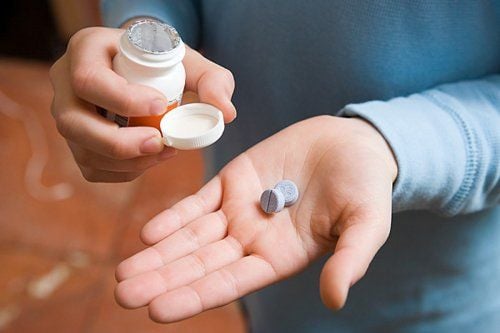
3. Conclusion
The combination of irritable bowel syndrome and depression is not uncommon. If you think you may be depressed, talk to your doctor to get diagnostic tests done, to rule out other conditions with similar symptoms. If you are depressed, your doctor may recommend that you see a mental health professional.
To ensure safety, patients need to go to the hospital for a specialist to examine and accurately diagnose the condition of irritable bowel syndrome and depression. Currently, Vinmec International General Hospital is a prestigious address trusted by many patients in performing diagnostic techniques for digestive diseases, diseases that cause chronic diarrhea, Crohn's disease... Along with that , at Vinmec Hospital, screening for gastric cancer and gastric polyps is done through gastroscopy with Olympus CV 190 endoscope, with NBI (Narrow Banding Imaging) function. ) results in clearer images of mucosal pathology than conventional endoscopy, detecting ulcerative colitis lesions, early gastrointestinal cancer lesions...
Please dial HOTLINE for more information or register for an appointment HERE. Download MyVinmec app to make appointments faster and to manage your bookings easily.
References:
Depression basics. (2016). nimh.nih.gov/health/publications/depression/index.shtml Drossman DA, et al. (2009). A focus group assessment of patient perspectives on irritable bowel syndrome and illness severity. DOI: 10.1007/s10620-009-0792-6 Generalized anxiety disorder (GAD). (n.d.). adaa.org/understanding-anxiety/generalized-anxiety-disorder-gad Koloski NA, et al. (2012). The brain--gut pathway in functional gastrointestinal disorders is bidirectional: A 12-year prospective population-based study. DOI: 10.1136/gutjnl-2011-300474 Koloski NA, et al. (2016). Evidence that independent gut-to-brain and brain-to-gut pathways operate in the irritable bowel syndrome and functional dyspepsia: a 1-year population-based prospective study. DOI: 10.1111/apt.13738





